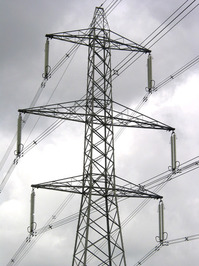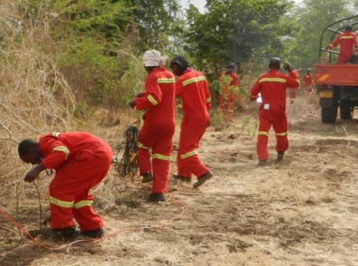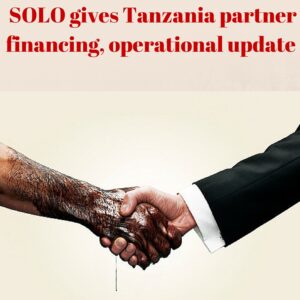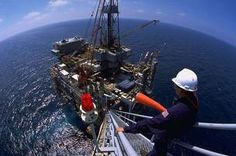
Recent oil and gas discoveries across East Africa, most notably in Mozambique and Tanzania, have seen the region emerge as a new player in the global oil and gas industry.
As exciting as the huge gas fields in East Africa are, the strong decline in oil prices and expectations for an L-shaped recovery with low prices over the coming years, are increasingly challenging the economic viability of the industry in this region.
The discoveries were expected to drive billions of dollars in annual investment to the region over the next decade.
Read:Interesting-business-opportunities-in-tanzania-oil-and-natural-gas-sectors-for-local-entrepreneurs
According to BMI estimates, the finds in the last few years are more than that of any other region in the world, and the discoveries are expected to continue for the next few years. However, falling global oil prices are threatening the commercial viability of many of these gas prospects.
Gas opportunity
The Indian Ocean, off the coast of Mozambique and Tanzania, is proving to be a rich hunting ground for natural gas exploration. According to US Geological Survey estimates, the combined gas reserves of Mozambique and Tanzania could be as high as 250 trillion cubic feet.
In Mozambique alone, proven gas reserves have increased dramatically from a mere 4.6 trillion cubic feet in 2013 to 98.8 trillion cubic feet as of mid-2015. Given continued offshore discoveries and the size of discoveries to date, continued growth in proven gas reserves is likely to continue into the foreseeable future.
New exploration on more frontier blocks, however, will likely be slowed as oil and gas prices fall and companies apply increasing caution to investing in frontier markets with nascent industries, poor infrastructure and long lead times.
Driving down prices
As liquefied natural gas (LNG) contracts remain heavily indexed to oil, the fall in global oil prices poses significant downside risk to gas production projects. Persistent oversupply in the oil market continues to put downward pressure on oil prices.
This trend of lower prices is unlikely to reverse in the near future with future prices estimating the average Brent crude oil price to range between $50-65/bbl over the next five years. Industry research estimates that an oil price of $70-80/bbl would be needed for the LNG gas projects just to break even.
Sustained lower oil prices are likely to take a heavy toll on the development of upstream gas production and downstream refining projects in the region, as pricing uncertainties affect the commercial viability of LNG projects, delaying investment in the region.
This will likely see companies hold off on Final Investment Decisions (FID) as they attempt to overhaul projects to cut costs and wait for more certainty on the direction of prices.
In Mozambique, for example, both Eni and Andarko have yet to reach a FID on their respective LNG projects. The lower price environment will likely force these companies to secure more off-take agreements before reaching FID.
Furthermore, it is unclear whether these projects would be economically viable at current pricing levels, and given expectations for a slow recovery in oil prices over the coming years, we could see further uncertainty and delays in reaching FID.
Evaluating strategy
The free fall of global oil prices is forcing companies to re-evaluate their growth strategy in the region. Anadarko CEO, Al Walker told investors that it is “unlikely that we will have the kind of margins that we have seen historically that would encourage us to go back into a growth mode.”
In Tanzania, the situation is just as precarious. Gas output will depend on construction of an LNG export terminal; however the project partners – BG Group, Ophir Energy, Statoil and ExxonMobil – have yet to reach FID, due to pricing uncertainties and a range of legal and regulatory hurdles.
Downstream refining projects are also in jeopardy. According to a Sasol report, Sasol, Eni and ENH have announced a partnership to look into a feasibility study for a large-scale gas-to-liquids (GTL) facility in Mozambique.
However, key to the progression of a GTL project in Mozambique will be the cost of the gas feedstock and the long-term outlook for oil prices. Central to GTL economics is the price spread between natural gas and oil.
On a positive note, both Mozambique and Tanzania are expected to experience positive gas consumption growth as their respective governments look to increase the use of natural gas in domestic power generation. However, as in the case of Nigeria, there is a risk that each government may fix domestic gas prices, which could hinder investment in the region. Interestingly, Nigeria recently raised local gas prices to stimulate investment and plug persistent local shortages.
prepared by Adam Bennot is a private equity Analyst at RisCura, a global, independent financial analytics provider and investment consultant. He is responsible performing valuations of companies held by private equity funds and funds of funds in Africa.












